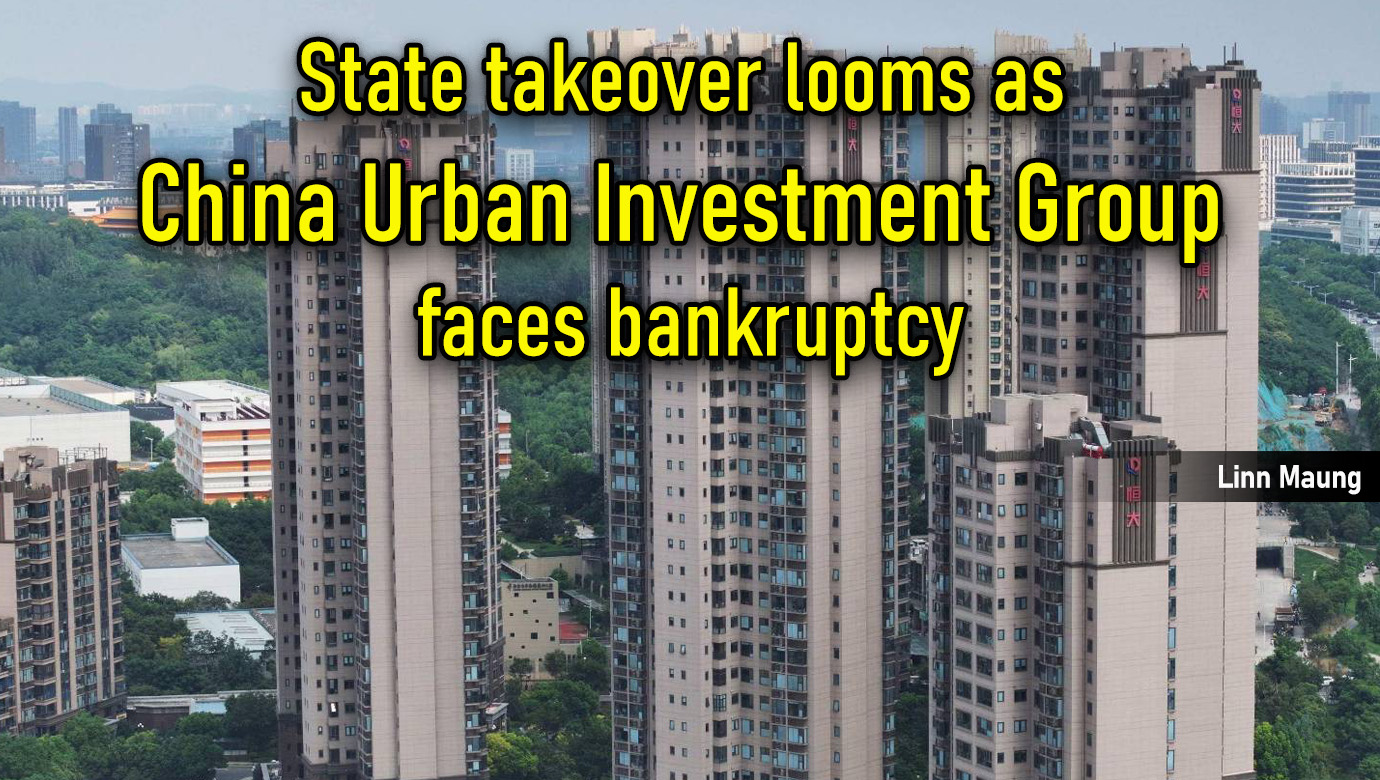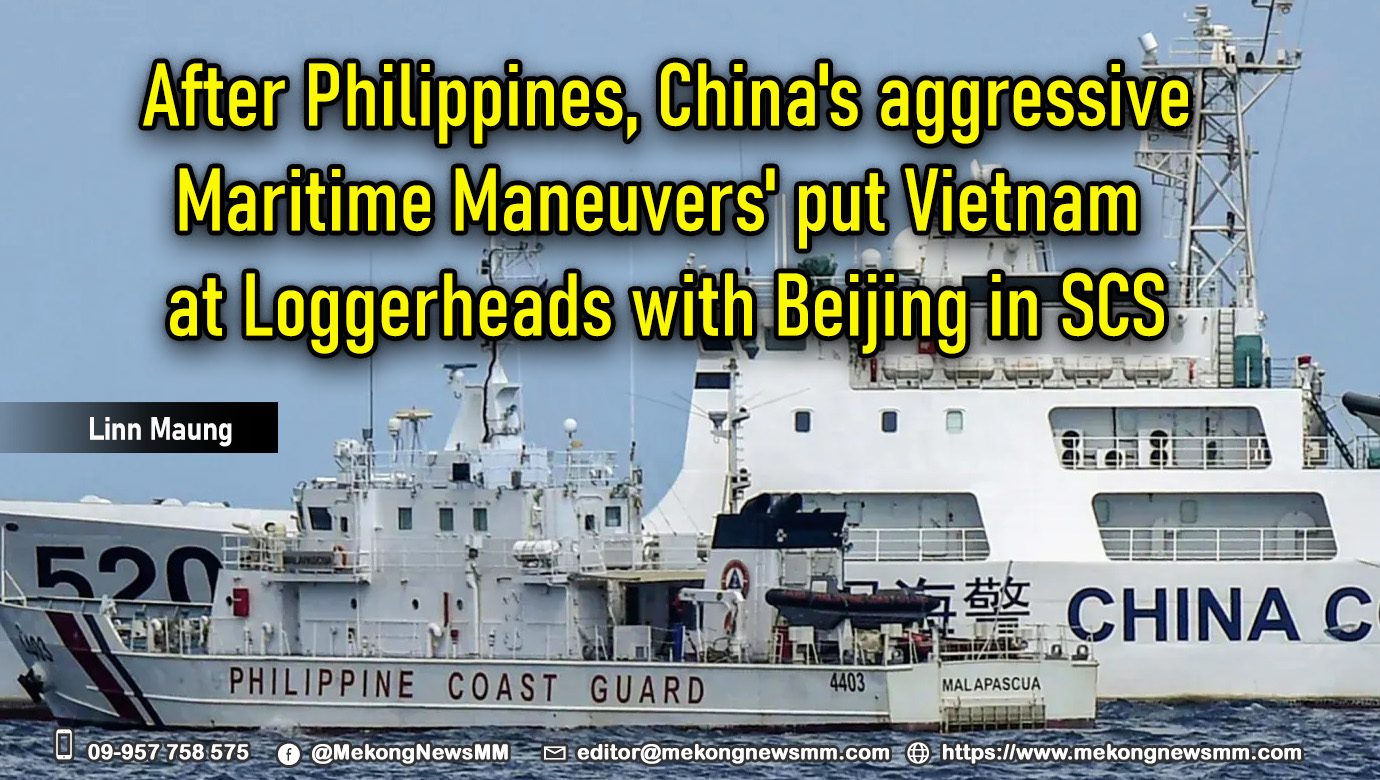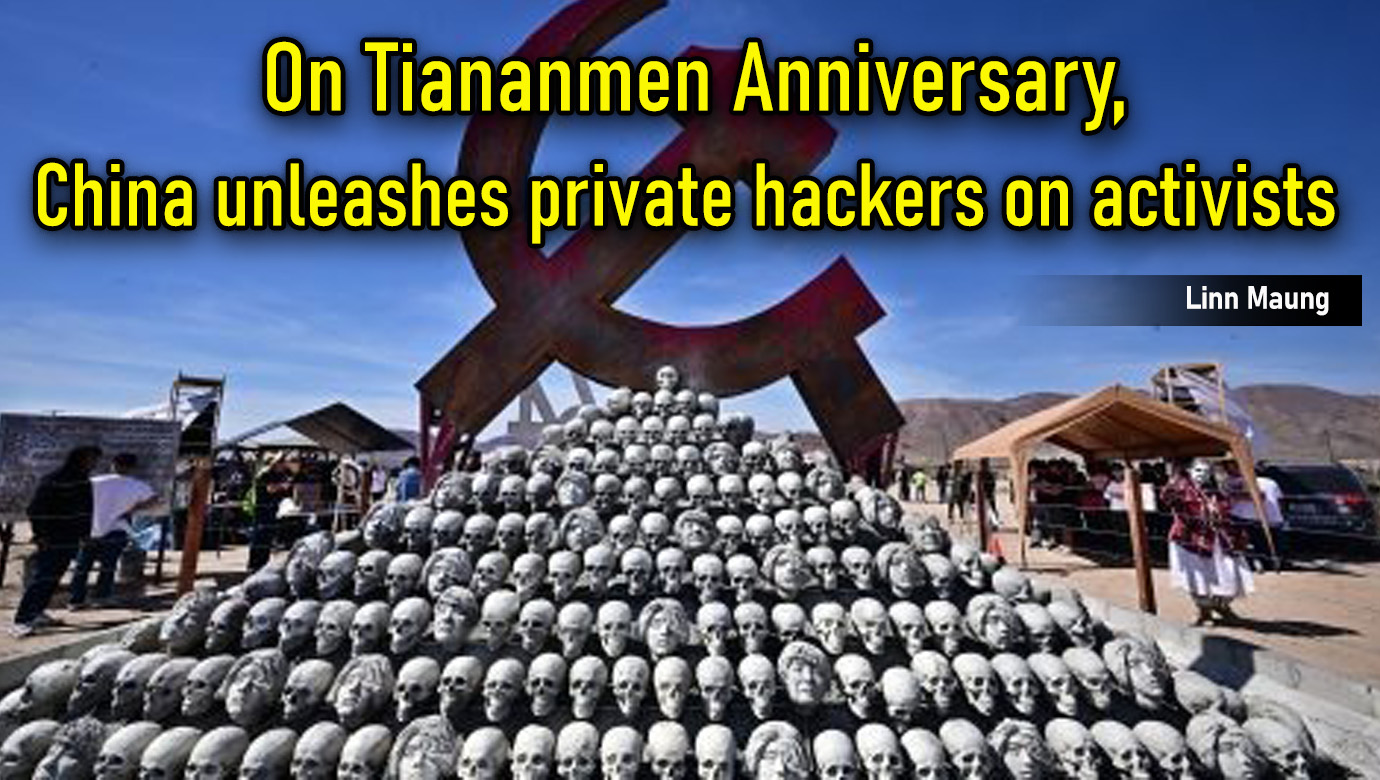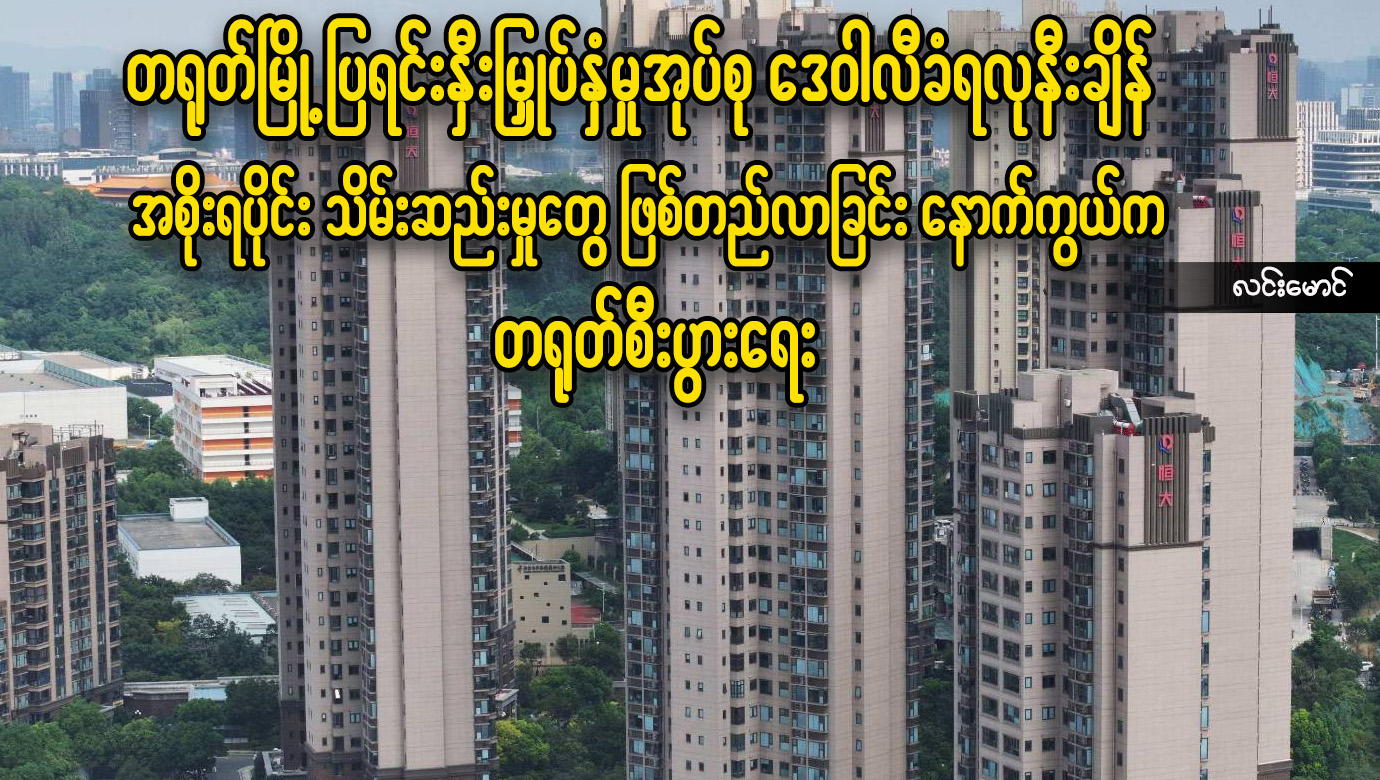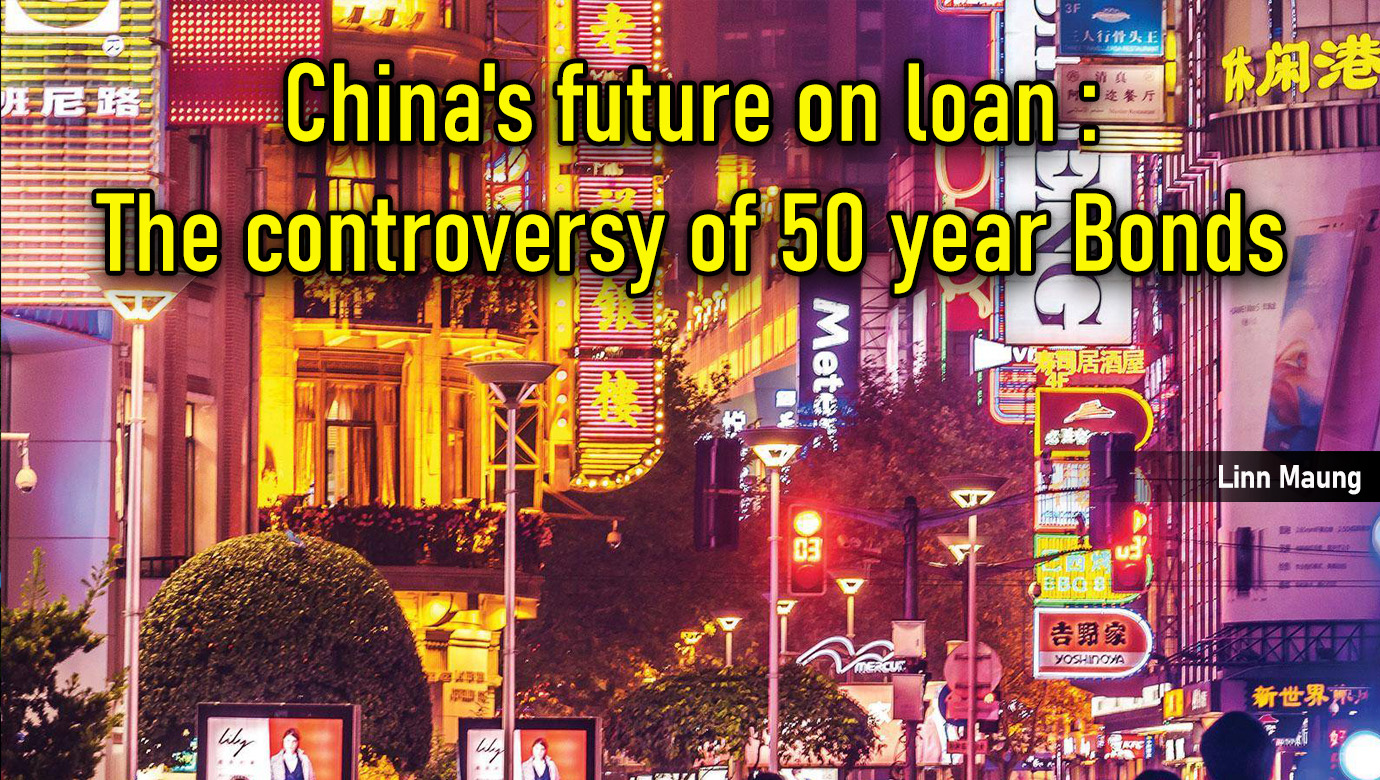Linn Maung
In an unprecedented turn of events, the China Urban Investment Group, a significant player in the country’s financial landscape, teeters on the brink of bankruptcy. The imminent state takeover signifies a desperate attempt to salvage the situation. This development not only underscores the fragility of China’s economic structure but also raises critical questions about the future of its urban investment companies. The following discussion delves into the implications of this looming state takeover and its potential impact on China’s economy.
Urban investment companies which are called “black holes” in the CCP’s financial system by the industry have transformed into estate-owned Enterprises to ease their financing difficulties. They then issued overseas Bonds in the name of State-owned Enterprises to raise funds, some commentators point out that the collapse of the Chinese economy on all fronts is fast approaching. Under the CCP’s 3-year zero epidemic control policy local government’s revenues have dropped sharply and many areas are heavily in debt and unable to repay.
Urban investment companies regarded by outsiders as the main carriers of the CCP’s local government’s hidden debts have recently accelerated their transformation.
According to a report by the mainland’s southern weekend since the beginning of this year urban investment companies across China have transformed into industrial state-owned enterprises through acquisitions mergers, establishment of new companies or name changes.
The reason is that it is becoming increasingly difficult for urban investment companies in various places to raise funds.
Transforming into Industrial State-owned Enterprises can avoid the urban investment identity and raise funds in the open market. David Huang, an American Economist stated there are two aspects to the financing difficulties of urban investment companies, policy and Market. The policy aspect is that China’s local debt has always used Urban investment companies to issue bonds with little restraint ininvestment and spending, this has led to the entire local government’s debt being very serious.
From a policy perspective the central government does not want Urban investment companies and local governments to raise too much financing resulting in debts that cannot be repaid. Data from the business inquiry platform show that from January to the end of May this year among the more than 400 newly established State-owned Enterprises in various parts of China there are 75 companies whose names or businesses involve industrial investment and Industrial Development.
Among them some Urban investment companies have directly transformed into Industrial State-owned Enterprises by changing their names. Due to the increasing downward pressure on China’s economy the investment market, stock market, bond market and real estate market are all in a dilemma. They used to think that Municipal Investment Bonds were relatively safe but now they believe that Municipal Investment Bonds are a very dangerous and unworthy investment target. So overall Municipal investment is in a difficult situation in terms of both policy and Market, recently a wave of closures and bankruptcies of small and medium-sized Enterprises has occurred throughout China.
This wave is increasing every day and it is spreading to large scale companies and corporations although the CCP in an attempt to save the economy has extended its efforts to protect State-owned Corporations and Enterprises with the current situation of piling debt and business losses. The CCP’s State-owned Corporations are also facing the nextwave of bankruptcies in the Mainland economy.
Sun Huxiang full-time associate professor of the Department of international Affairs and business at Nanhua University in Taiwan said, that the purpose behind this is to separate the governance structure from Capital operation. Of course this arrangement maybe to improve the company’s credit rating at the capital level, in otherwords the CCP wants the urban Investment Company not to shut down completely but to improve its credit rating and financing ability through State-owned Enterprises so that the urban Investment Company can continue to survive, he held.
Huxiang added that whether or not it can address the accumulated local debts, and the debts of the urban investment companies themselves is still very uncertain. The reason is that the debt scale of these Urban investment companies is very large and they are closely linked to local debts that is the debts of local governments. Another method is that if the main business of the urban Investment Company is the so-called Public Welfare assets it can also generate cash flow through flexible and methods such as signing false contracts. David Huang commented, “now over all especially International investors are very sensitive and Vigilant about Chinese domestic bonds especially with the debt defaults of many companies like Evergrande, so I think whether it is to become a State-owned enterprise or something else it is still not easy to implement from either the policy or Market perspective”.
As China’s urban investment companies transform into State-owned enterprises to circumvent financing difficulties, the looming economic collapse becomes more apparent. The CCP’s zero epidemic control policy has led to a sharp drop in local government revenues, exacerbating the debt crisis. Despite efforts to improve credit ratings and financing abilities, the future of these companies remains uncertain due to the massive scale of their debts. The sensitivity of international investors towards Chinese domestic bonds further complicates the situation. The impending wave of bankruptcies among State-owned corporations signals a critical juncture in China’s economy.


